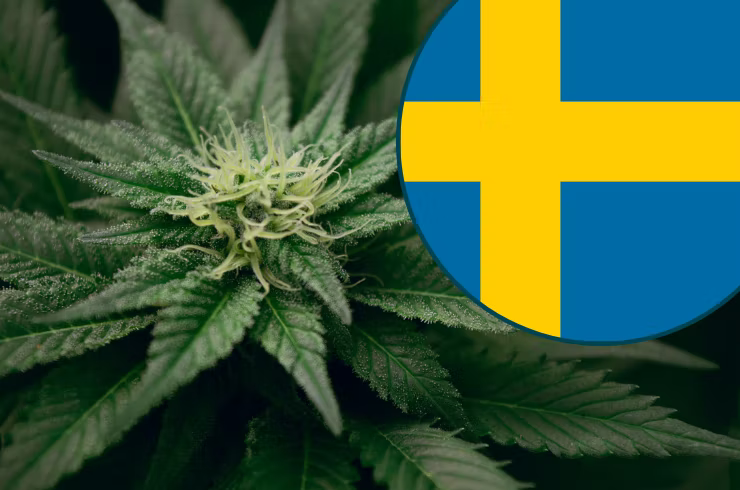Switzerland to Remove All Restrictions on Medical Cannabis Use
On June 22, Swiss authorities announced that all restrictions on the purchase and use of medical cannabis will be lifted starting August 1 of this year. This change comes as amendments to existing regulations regarding the plant, adopted back in March of last year, come into effect. Lawmakers hope that this reform will significantly increase access to medical cannabis for all citizens in need.
“Decisions regarding the use of cannabis, as well as issuing all necessary prescriptions and referrals for the purchase of the plant or its extracts, should be made exclusively by treating physicians, not government officials,” states an official announcement from the Swiss federal government. The government also reminded citizens that the reform applies only to medical cannabis. Starting in August, the purchase, personal cultivation, and use of medical cannabis will no longer require special permits from the Ministry of Health. However, recreational use of cannabis, as well as illegal distribution and production of psychoactive varieties of the plant, will continue to be subject to existing penalties.
Current Regulations and Changes
Currently, residents can only purchase cannabis and plant extracts containing THC (with no more than 1% THC content, according to Swiss law) if they have a special permit from the Ministry of Health. At present, the government medical regulator, Swissmedic, which oversees the control and certification of psychoactive and narcotic medications, formally allows only the use of the imported drug Sativex, which contains CBD and THC in roughly equal proportions. In addition, many major cities in Switzerland already have stores selling CBD products made from industrial hemp, which are freely available to all adults due to the lack of significant THC content in these products.
According to the latest available data from 2019, Swiss authorities issued about 3,000 individual permits for the use and cultivation of medical cannabis. However, as noted by politicians and officials, the number of patients could have been much higher if not for the extremely strict and slow licensing process.
Pilot Program for Recreational Cannabis
It is also worth noting that in September 2021, the Swiss government supported the launch of a pilot regional legalization program, which is set to begin in mid-summer this year in Zurich. If the first stage of this program is successful, it will gradually expand to other major cities, including Geneva and Basel. In each location, authorities plan to allow access to recreational cannabis for a limited group of up to 400 volunteers per city, in order to assess the potential positive and negative impacts of the reform on the population, based on the experience of this small sample group. The cannabis products, including both psychoactive cannabis flowers and extracts, will be distributed through certified pharmacies, which will have dedicated sections for cannabis sales.
Economic and Social Impact
Earlier this month, the company ERP, with support from the University of Geneva, conducted an analysis of the Swiss cannabis market and concluded that full legalization would be highly beneficial for the country both economically and socially. Specifically, the organization’s report states that the Swiss population consumes up to 56 tons of cannabis flowers annually, which, according to analysts’ estimates, represents a potential profit for the Swiss economy of 582 million francs per year. Analysts also note that legalization would create more than 4,400 new jobs in Switzerland, which is 200 more positions than currently exist in the country’s insurance sector, where about 4,200 Swiss citizens are employed.



